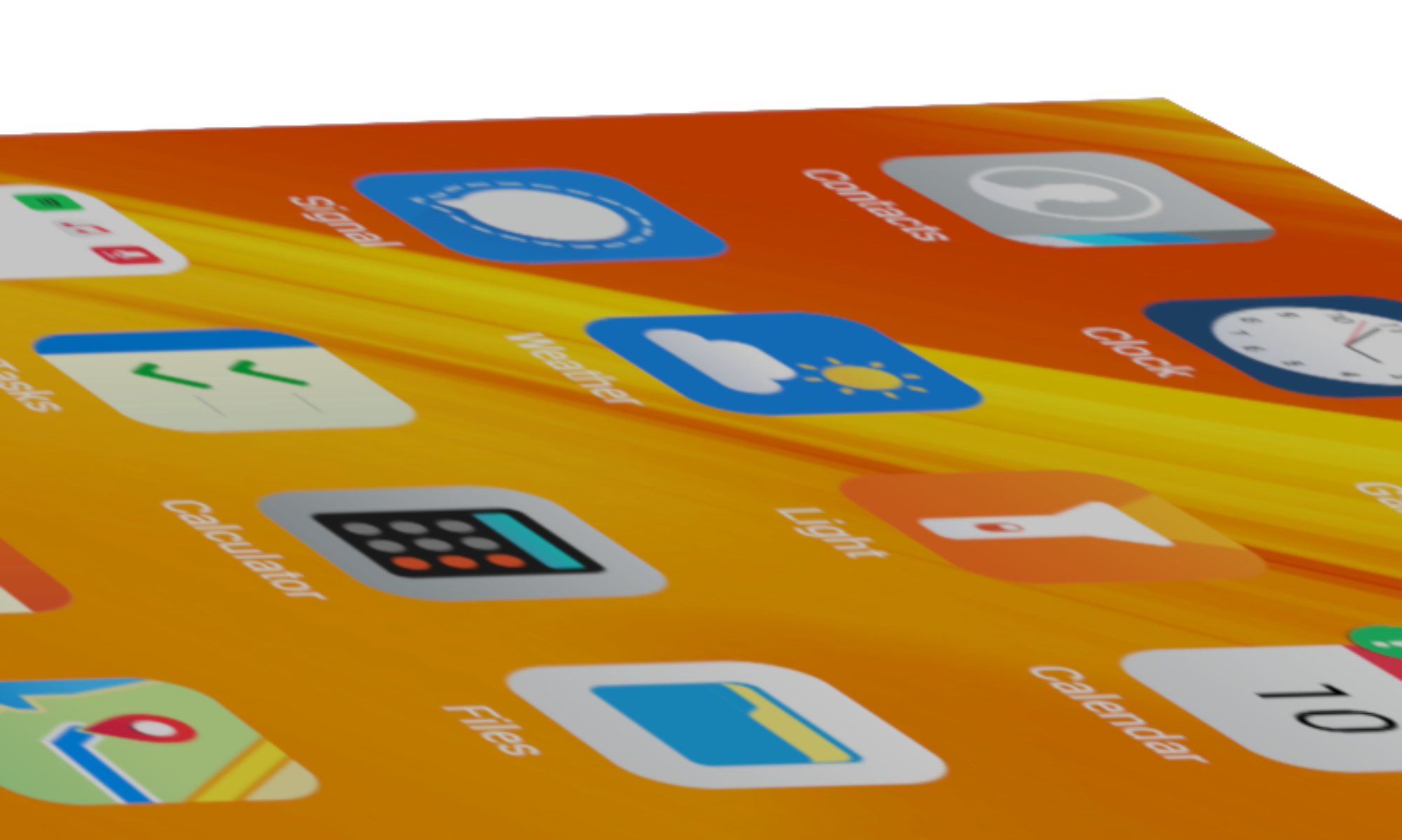
It is nearly one year now that we started to ship our first phones with /e/ OS, the pro-privacy, deGoogled, mobile ecosystem.
Initially our range of /e/ phones has been based on refurbished, yet high-grade, Galaxy smartphones: S7, S7 Edge, S9 and S9+. And more recently the Galaxy S8.
A few weeks ago, thanks to a partnership with Fairphone, the Dutch smartphone manufacturer that looks to change how products are made and put ethical values first, we added the Fairphone 3 to our line-up and launched what we believe is the first privacy conscious and sustainable smartphone in Europe.
We now offer different price points, display sizes, single and dual SIM, removable or non-removable battery phones. This is a great start and we plan to complete our range further in the future.
We ship all over Europe and this is already a huge market for us.
Every week we receive requests to open to more countries and despite great demand from North America, we still cannot ship there. Yet.
Why?
First, Galaxy smartphones have different hardware variants across the globe. For example, in the US, Galaxy smartphones are based on a Qualcomm chipset while in the rest of the world, they are based on Exynos, the Samsung homemade chipset.
For now, /e/OS only supports Galaxy phones based on Exynos chipsets.
We could port /e/OS to Galaxy phones based on a Qualcomm chipset, but we would be stuck not being able to flash /e/OS on those phones as they are totally locked. So today we cannot source US smartphones in the US, flash /e/OS on these phones and sell locally.
Another option would be to send International or Exynos variants of the Galaxy smartphones and ship them overseas. There are two issues though:
1- aftersales would be more complex. Service parts are not available locally, so phones would have to go back and forth between Europe and the US for servicing. Too costly.
2- we would not have enough phones to meet the demand. That’s the limit of the refurb model: we are very dependent of what is available on the market. And even for the European market, we often struggle to find enough phones to meet the high demand.
Or we could ship the /e/OS Fairphone 3 right? The Fairphone 3 has not been designed to be compatible with several US LTE bands. So using a Fairphone 3 in the US could work some places and with some carriers but not guaranteed 100%. This is not the type of experience we want to offer to our customers.
So as you can read from the above, we are stuck for now.
What are the options?
We are actively exploring other options and hope to find a new partner with a phone we can source in quantities, fully compatible with US network bands, at a reasonable price.
We have engaged with several potential partners for several months now about this opportunity. We are quite confident that we will be able to close a deal soon now, but it won’t probably be before the end of 2020.
What about other countries?
There are several other countries where we will probably start shipping this year too, but, as described above, we will be very cautious with after sales to make sure we offer a great experience overall. It is likely going to be through a group of partners that can source and handle after sales for us. We have already a first agreement with a reseller in Australia and New Zealand and hope to open to others soon.
Your data is YOUR data, whatever the country you are living in!
Stay tuned.
Gaël
Follow me! @gael_duval on Twitter, @gael@mastodon.social on Mastodon.

it runs well so far, nice info, thank’s Gaël
S8 *s* good news !! S5 is also not a bad Phone, it have manny things where be really interested (okey, no Radio, but Infrared and NFC, well so far for payment and controlling the led’s or TV’s..)
What about /e/ on the PinePhone? Yes, it’s still new, but they have put out entire production runs featuring Ubuntu Touch and Postmarket… might be a good inroads to US…
We’re considering it (and we already support the PineBook), but the issue is that the current Pinephone is quite a slow device, maybe not well suited for Android.